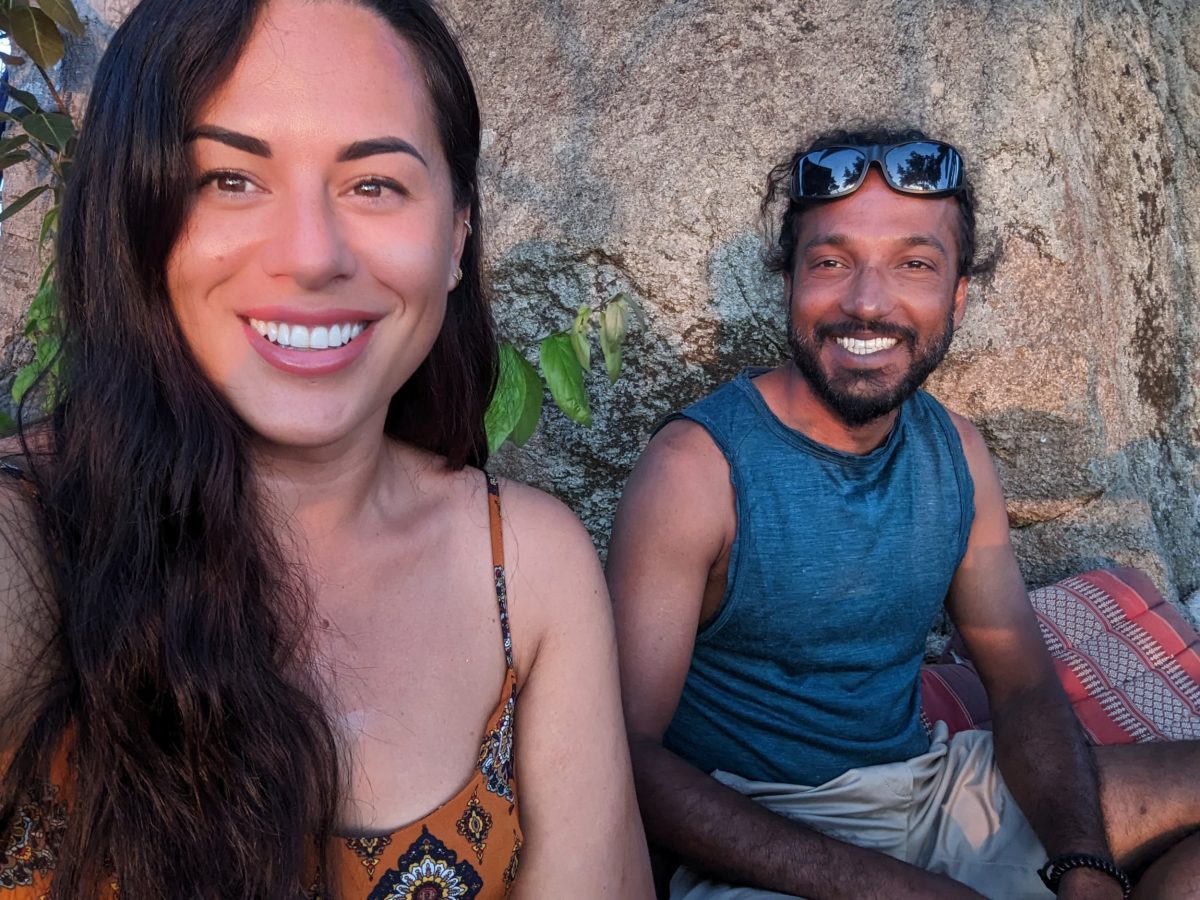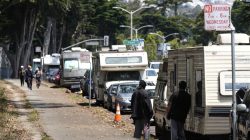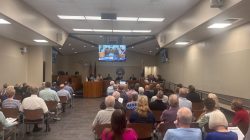A Naturalist’s Struggle to Reunite with His Wife in the UK
A naturalist from Sri Lanka, who has contributed to high-profile documentaries on platforms such as the BBC and Discovery Channel, is facing significant challenges in securing a visa to visit the UK. His wife, Zara, 36, from Dorset, shared her husband’s story with The i Paper, highlighting the emotional and financial toll of their separation.
Zara met Gayan Gamage, 39, during a whale tour he was leading in Sri Lanka. “We bonded over our shared love of nature and wildlife,” she said. Initially friends, they began their relationship after she returned for another trip. Now married since January last year, the couple hopes to reunite in the same country but faces obstacles due to the UK’s strict immigration rules.
Gayan applied for three tourist visas to visit the UK, but all were rejected by the Home Office. The reasons cited were concerns that he would not return to Sri Lanka. On one occasion, the rejection came without any explanation. Despite this, Zara and Gayan are determined to find a solution, particularly since they want to start a family.
To apply for a spouse visa, Zara needed to meet the £29,000 income threshold set by the UK government. However, she currently works part-time as a bank contract employee, partly to manage her health conditions and to make time for visits to Sri Lanka. This means she does not meet the required income level.
The income requirement was increased from £18,600 to £29,000 in April 2024 by the previous Conservative government. Plans to raise it further to £38,700 in 2025 were halted after Labour won the general election. The new government commissioned a review of the minimum income requirements (MIR) to ensure a “clear and consistent” system. The Migration Advisory Committee (MAC) found that the £29,000 threshold is higher than in many other developed countries, which place more emphasis on family life than economic factors.
Critics argue that the MIR disproportionately affects low- and middle-income families. According to a parliamentary research briefing, roughly half of UK employees earn less than £29,000 annually. Zara insists that Gayan can support himself financially through his work as a naturalist and business owner in Sri Lanka. He has also contributed to major wildlife documentaries, including the BBC’s Planet Earth series.
Zara emphasized that Gayan would pay taxes if he starts working in the UK and would not be entitled to any benefits. She added that her specialist qualifications as an operating department practitioner are not recognized in Sri Lanka, making it difficult for her to work there.
Emotional and Financial Impact
The separation has taken a severe toll on Zara’s mental health. She described the stress of dealing with visa rejections and the isolation she feels during difficult times. “I’ve had the death of my grandfather, who was like a father to me. I’ve been hospitalised multiple times, and my husband was also hospitalised in Sri Lanka due to a severe infection,” she said.
“Having to go through these events without my husband here is inhumane. We want to be there for each other, but we can’t.”
Zara expressed frustration with the current system, which she believes is unfair and overly focused on financial criteria rather than the needs of families. Caroline Coombs, co-founder of Reunite Families UK, echoed these sentiments, calling the rules a “cruel system” that negatively impacts British citizens and settled residents.
She urged the Labour government to reconsider the MIR and dismantle what she described as a “classist and racist family immigration system.”
For Zara and Gayan, the dream of starting a family and building a life together remains uncertain. Their story highlights the broader debate surrounding immigration policies and the human cost of strict financial barriers.







